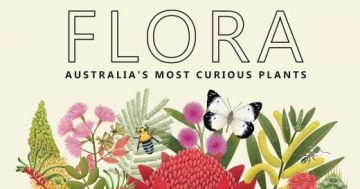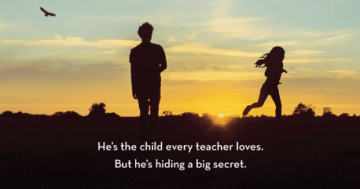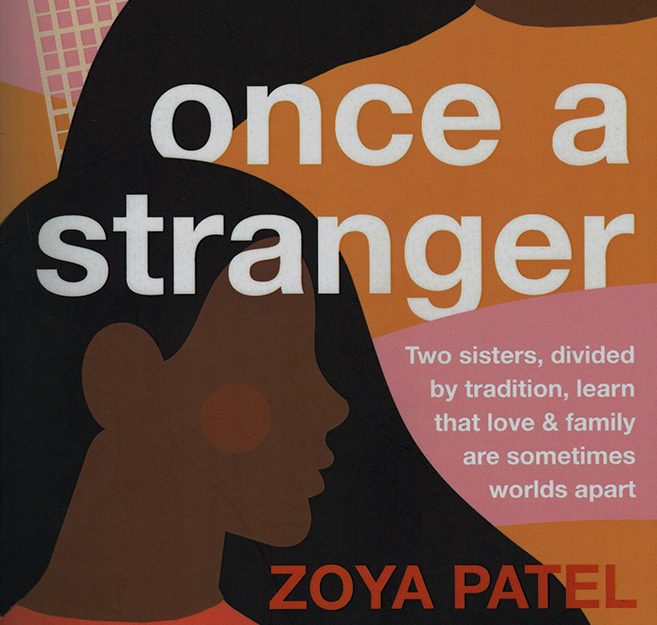
Region columnist Zoya Patel’s first novel. Photo: Supplied.
If you were tempted to doubt the power and importance of the picture book, I invite you to read author and illustrator Tania McCartney’s latest work Dorrie, an exploration of the life and work of Dorothy Wall, creator of the anthropomorphic Blinky Bill.
There is an innate sadness to the life of Dorothy Wall, and as an adult reader, I feel it in Tania’s unwritten words and her muted palette.
The book focuses on Dorrie’s creative life and the pages are replete with objects for discussion and avenues for interpretation and character analysis, or they can simply be enjoyed as things of quiet beauty. Dorrie is a homage to a writer not really recognised properly in her time, but whose work has endured and achieved its greatness in the 21st century.
Books like Dorrie have the flow-on effect of leading our children (and perhaps their parents) to seek out the source material. This gives a new generation or two the chance to enjoy the cheery tales of the cheeky lad, Blinky Bill himself. And that has to be a good thing.
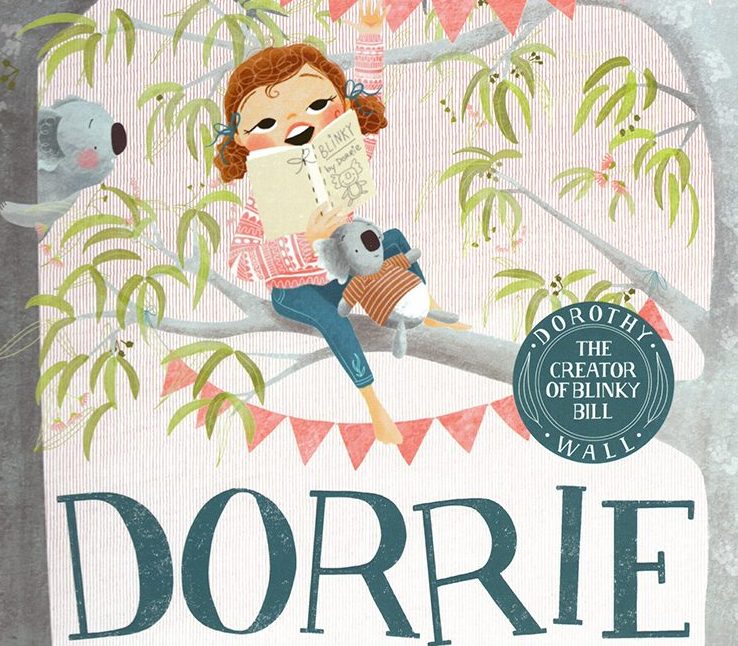
Tania Macartney’s new book is a homage to Dorothy Wall, who wrote the Blinky Bill books. Photo: Supplied.
The debut publication for Braidwood writer Suzi J Jarvis, Just a girl who used to live here, proves that memoir can be stranger and more extraordinary than fiction.
Suzi has produced a deeply moving account of her life, particularly her quest for a relationship with her mother, an enigmatic and, to the outside observer, generally unlikeable person. Rejected and banished as a young child by her mother, Suzi spent all her life searching for the answer to this fundamental question of Why?
It is a privilege to share in a life as we do through this memoir. The book is well-told, lively and graphic in style, often very humorous (Suzi says she used humour in life to deflect from her emotional turmoils), pacy and full of emotional nuance and restraint.
We take away Suzi’s admirable personal traits and dogged persistence in pursuit of a truth that would never come. We also marvel at the human spirit and its capacity to forgive, to find peace of another sort when that one great desire is lost. Suzi Jarvis has proved herself a fine raconteur.
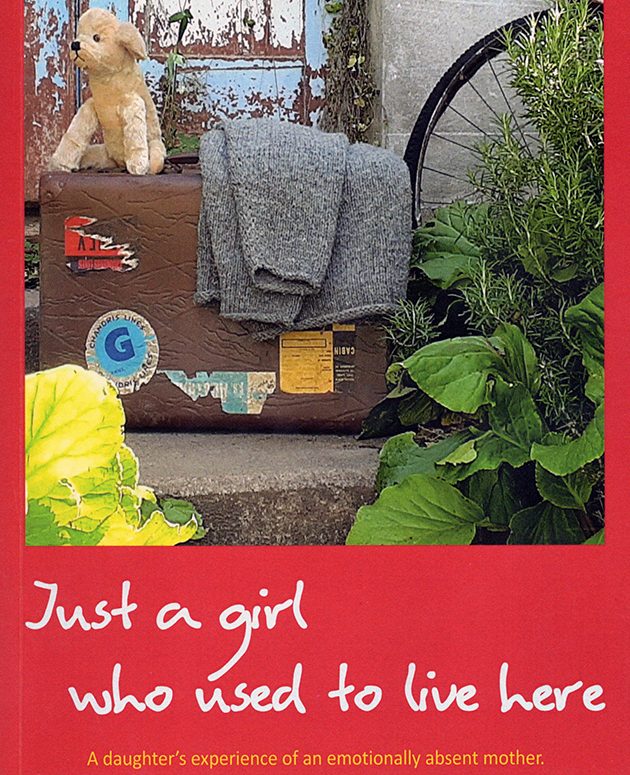
Braidwood author Suzi Jarvis. Photo: Supplied.
And finally, what feels like memoir but is the debut fiction novel for Zoya Patel: Once a Stranger. It is a poignant story of a family fractured by belief.
Three women hold our attention – sisters Ayat and Laila and their mother Khadija. In the past of the story, which is divided into Now and Before, the family migrates from India and settles in regional Australia. There they experience subtle and less subtle racism because of the obvious differences they bring – they are foreign, brown-skinned and Muslim.
In the intimacy of our view of the relationships among these three women, we are challenged to remain as disinterested observers. Cross-cultural marriage, arranged marriage, the holding of faith and family love create tumult for our story people and we as readers feel it acutely.
To some extent, this book is also the story of all migrants, refugees and asylum seekers, who find themselves adrift between cultures, neither belonging to their birthland nor their new homeland.
Zoya Patel writes with an ease that pulls us deeply and immediately into situation and character. In starkly revealing the unbending, she invites us to examine our prejudices, our narrowness, our places of vulnerability, the places where we might break or hold.
The author’s delicacy of touch is everywhere apparent, both in dialogue and in passages of description and analysis. That she makes us think and feel in equal measure is a mark of her literary mastery.
Barbie Robinson is co-founder and a content creator for Living Arts Canberra, a not-for-profit media outfit supporting arts and community in the Canberra region and books worldwide through its website, podcast interviews and a 24/7 internet radio station, at livingartscanberra.com.au














